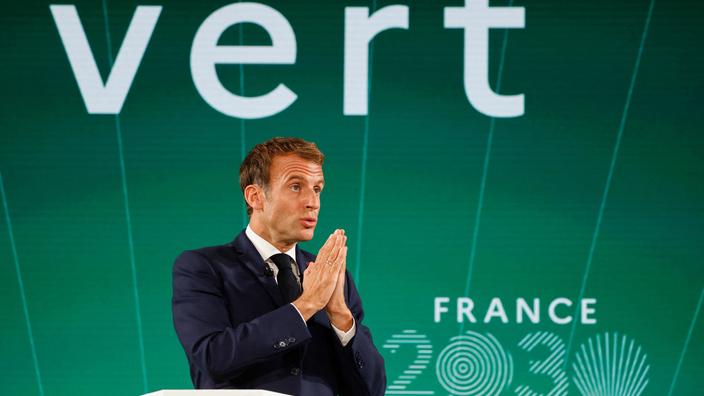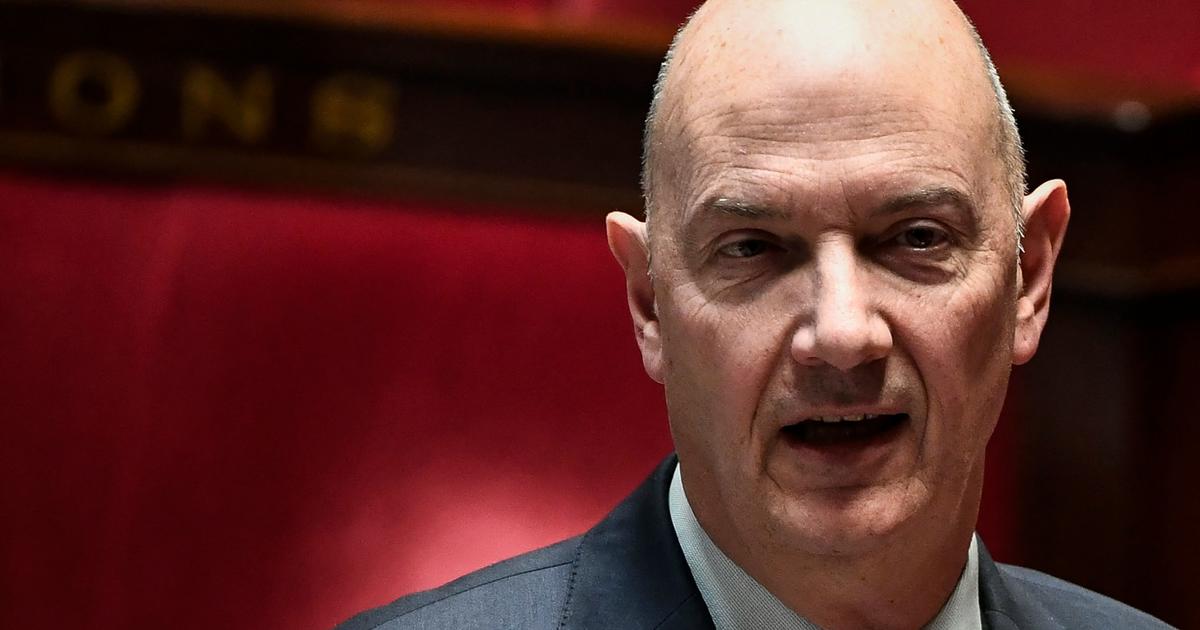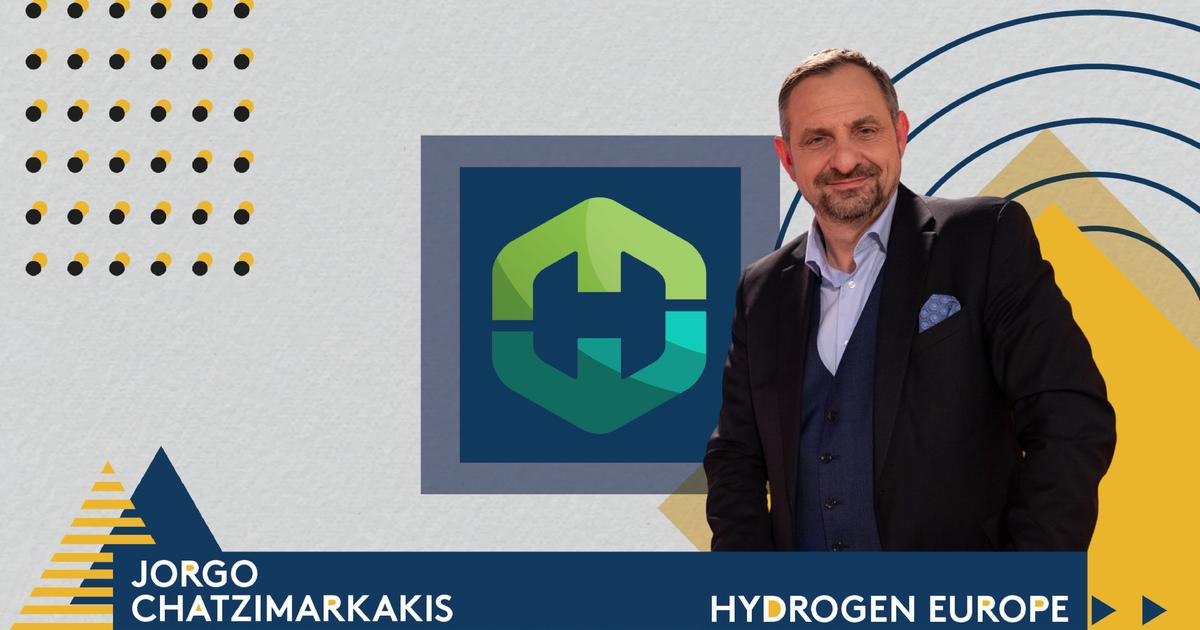Olivier Joubert is a professor at the University of Nantes and director of the hydrogen research federation at the CNRS.
FIGAROVOX. - Emmanuel Macron has announced that he wants to make France the leader in green hydrogen by 2030. Why bet on this technology?
Olivier JOUBERT. -
Hydrogen is currently widely used in industry to produce other molecules such as ammonia which is the source of fertilizers for example.
We also used it in the refinery.
However, this hydrogen comes from fossil sources, in particular natural gas.
There is an interest in replacing this hydrogen of fossil origin with so-called green hydrogen or carbon-free hydrogen resulting from the electrolysis of water.
This is the first challenge.
The second is much larger and concerns mobility, which is the source of a very large part of CO₂ emissions today.
Electric mobility must therefore be encouraged.
In comparison with the battery, hydrogen divides by ten the volume necessary to store the same level of electricity.
Olivier Joubert
That being said, two complementary alternatives are available to us: battery-powered electric vehicles and hydrogen-powered electric vehicles.
The battery is suitable for stable use in the city center.
But when some vehicles require more autonomy - trucks, trains, buses, even planes - the battery remains insufficient.
It is then that hydrogen can prevail because its autonomy is greater and the recharging time shorter.
In comparison with the battery, hydrogen divides by ten the volume necessary to store the same level of energy.
Read alsoNuclear, culture, space ... What to remember from the “France 2030” plan presented by Emmanuel Macron
This objective is therefore desirable, but is it feasible? The president notably affirmed that our nuclear industry was an asset in the development of hydrogen.
It should be understood that hydrogen is not an energy but a vector of energy.
Energy must be produced upstream, as nuclear power does efficiently.
The strength of the latter in France can therefore be an asset in the development of carbon-free hydrogen.
More generally, the objective is feasible if all manufacturers in the field agree to ensure that systems are produced which are reliable and durable.
We are starting from very low since we have 2 megawatts of electrolysers currently on French soil.
We have to go to 6.5 gigawatts, which is 6500 megawatts.
We must therefore almost multiply by 3000 the installed power in the electrolyser, through
gigafactorys
.
We have what it takes: motivated manufacturers, large groups and excellent research enabling innovations that improve the use of hydrogen.
Olivier Joubert
For this, we can rely on existing electrolysers, but also produce new, more robust and reliable ones.
Research, which I represent, has a major role to play.
If we don't invest heavily in hydrogen now, we risk seeing other countries far ahead of us.
We have what it takes: motivated manufacturers, large groups and excellent research enabling innovations that improve the use of hydrogen.
Read alsoDecarbonated hydrogen: we must go faster to lower costs, says the IEA
Jules Verne, in 1874 in the “Mysterious Island” affirmed: “
I believe that water will one day be used as fuel
”
.
Almost 150 years later, can we imagine that hydrogen finally occupies a preponderant place in our lives, or is it still an old dream?
It is no longer a dream.
It may have been in the mind of Jules Verne but today it is a reality.
We talk a lot about hydrogen projects, development, but very concrete things exist.
If you go to Paris you can take a hydrogen taxi, there are more than a hundred of them.
Vehicles are also marketed by large firms such as Toyota.
There are buses that run on hydrogen in Pau.
On the other hand, let us forbid ourselves to think that hydrogen is the panacea.
For the energy transition to really continue, we must not rely solely on this molecule.
It is a brick in this process, just like photovoltaic panels for example.
Above all, you have to save energy.










/cloudfront-eu-central-1.images.arcpublishing.com/prisa/KMEYMJKESBAZBE4MRBAM4TGHIQ.jpg)


/cloudfront-eu-central-1.images.arcpublishing.com/prisa/EXJQILQR5QI7OMVRTERD7AEZAU.jpg)
